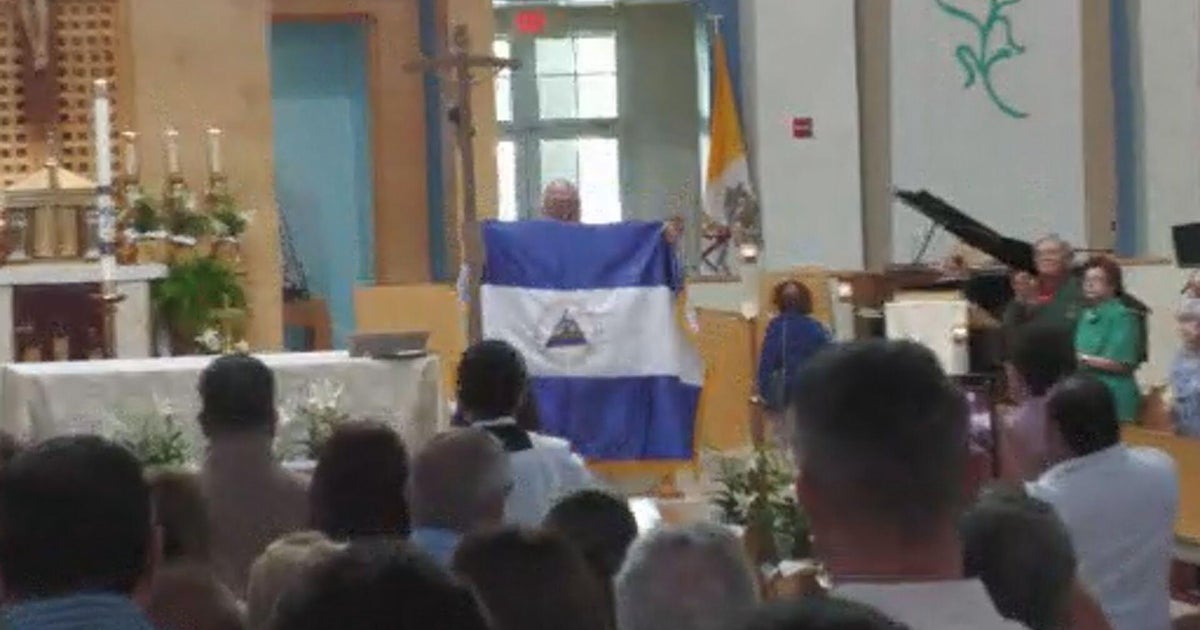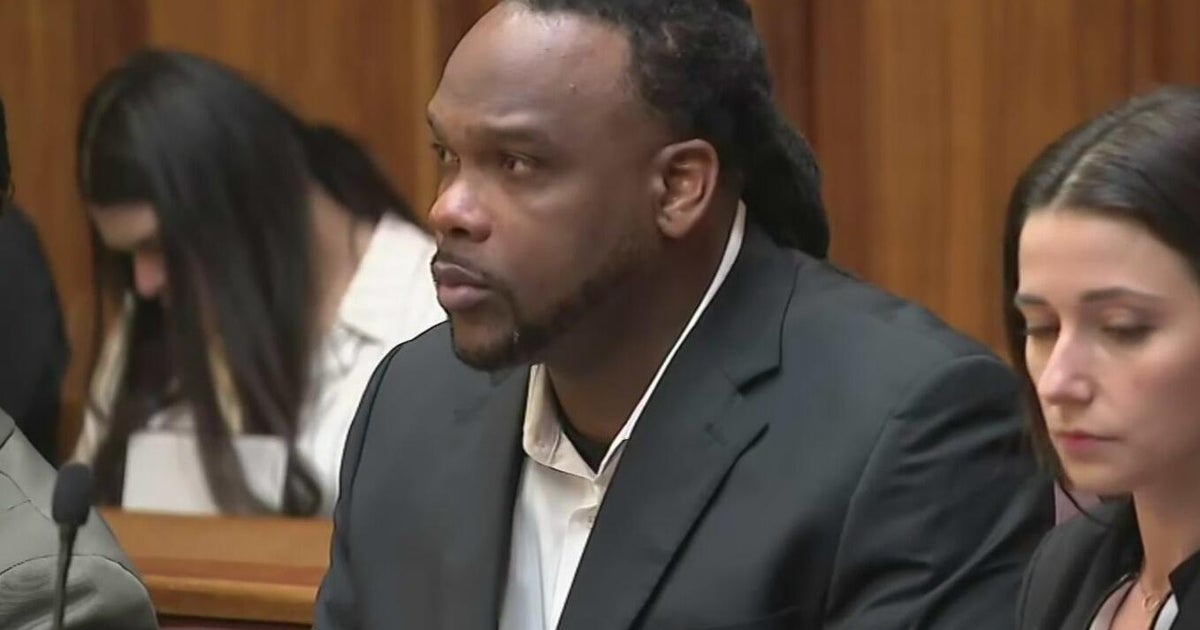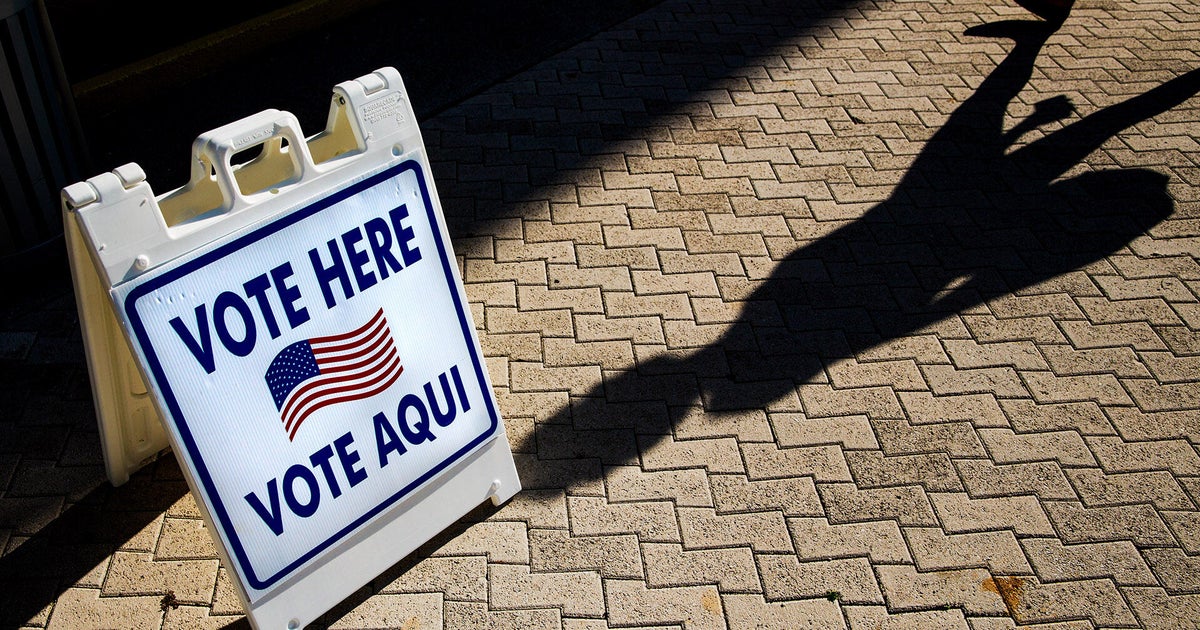Fear of immigration raids took over the City of Sweetwater on Easter Sunday.
Unlike prior years, members of the Nicaraguan community in South Florida did not march through the streets of the municipality, as this Sunday was also a special day commemorating the uprising of these people against the Nicaraguan government, but with limitations.
On Sunday, Nicaraguans honored the seventh anniversary of the civil insurrection against the dictatorship of Daniel Ortega. Every year, the activity begins with a Catholic Mass at a Sweetwater church; however, in 2025, their acts of solidarity were limited to the haven of a temple.
South Florida Nicaraguans paid tribute to the victims of repression in their home country, chanting for freedom in their native land. They brought their signs and flags, but this year was different.
“We don’t want to expose our people to marches in the streets of the city because some of them are still waiting on their political asylum to be approved,” said Starina Jerez, a Nicaraguan exiled in South Florida.
A country torn by political violence
In 2024, dozens of Nicaraguans marched through the streets of Sweetwater after a massive Mass. The city is a landmark for the community because of the evident presence of Nicaraguans, but now, immigration enforcement raids all over the U.S., including Florida, have sparked fear among the community who fled from a regime.
April 2018 marked a before-and-after in Nicaragua’s recent history — protests against arbitrary reforms to the Nicaraguan Social Security System sparked a nationwide civic uprising, led by students and civil society fed up with authoritarian rule. But Ortega’s regime responded with bullets against banners, flags and unarmed citizens.
According to the Inter-American Commission of Human Rights, at least 355 people died because of the protests. The Ortega regime was blamed for the bloodshed.
Living in exile
Seven years later, more than 800,000 Nicaraguans have fled the Central American nation and were forced into exile.
“Most of them to Costa Rica, some to the U.S. and Spain mainly,” said Lesther Aleman. “Nicaragua is the North Korea of the Americas.”
Aleman, now 24, gained notoriety when he confronted the Nicaraguan dictator and his wife, Rosario Murillo, in 2018 and told them that the people of Nicaragua wanted them to end repression and relinquish power.
“I was arrested and became a political prisoner,” he said.
Aleman was one of the 222 political prisoners released in February 2023 because of U.S. negotiations. They were flown to the U.S. and many moved to South Florida, including former presidential candidate Felix, whose crime was to challenge Ortega on the ballot.
The Catholic Church stands up to Ortega
There is no opposition in Nicaragua. No free press, no independent organizations and ample repression against the Catholic Church, one of the few entities that has raised its voice against Ortega’s repression.
“Some Nicaraguans have been deported, even some who have returned on their own have been detained by the dictatorship the moment they arrived,” said Padre Somarriba, a priest. “They are locked in jail and now accused of terrorism because they denounced repression on social media — that is also a human rights violation and we want Washington to know about this.”
The activity organizers said that resistance against the Nicaraguan dictatorship is still alive. Now, they’re calling on the community to continue denouncing human rights violations under the Ortega regime, despite the atmosphere, even in the U.S.



